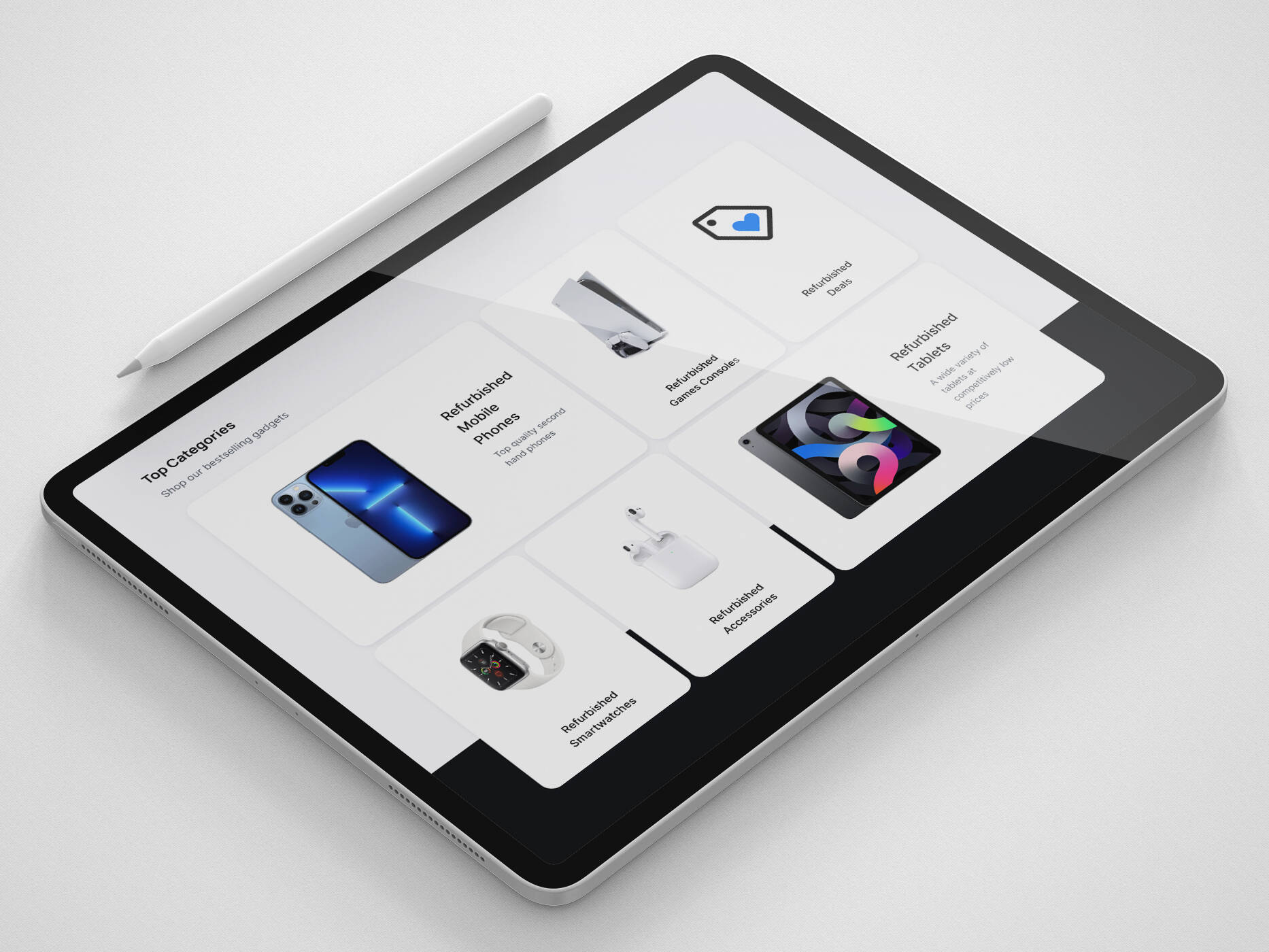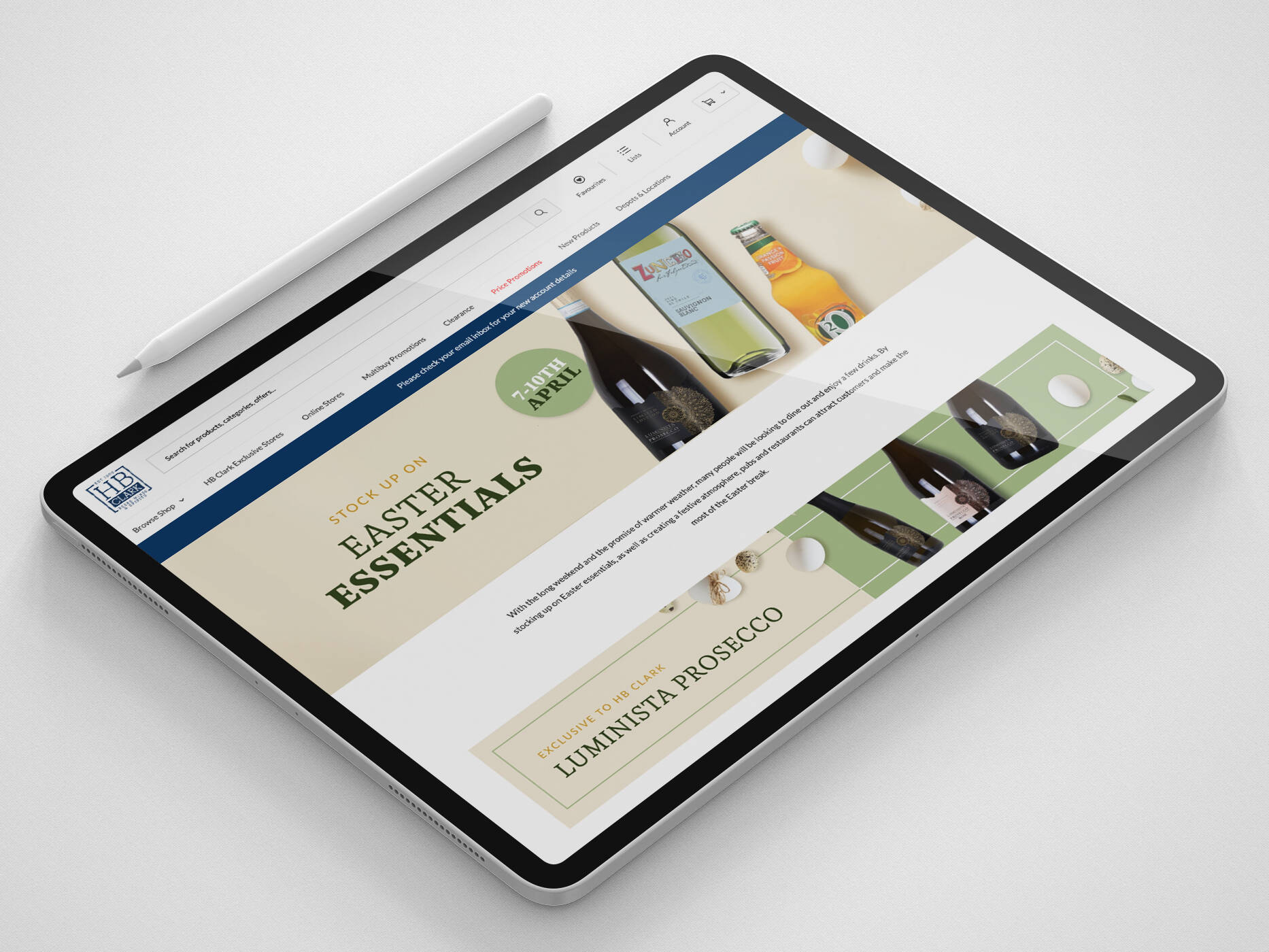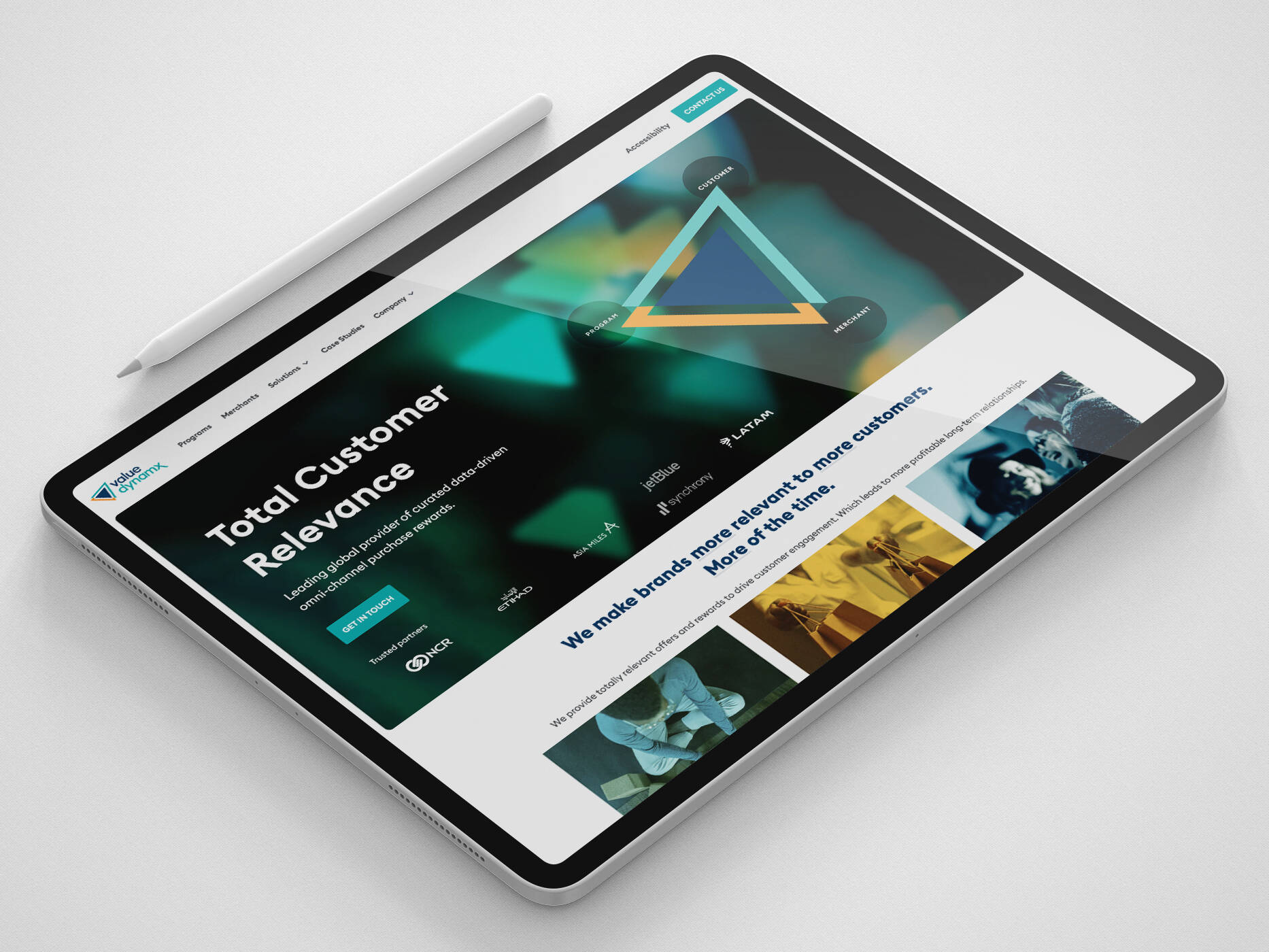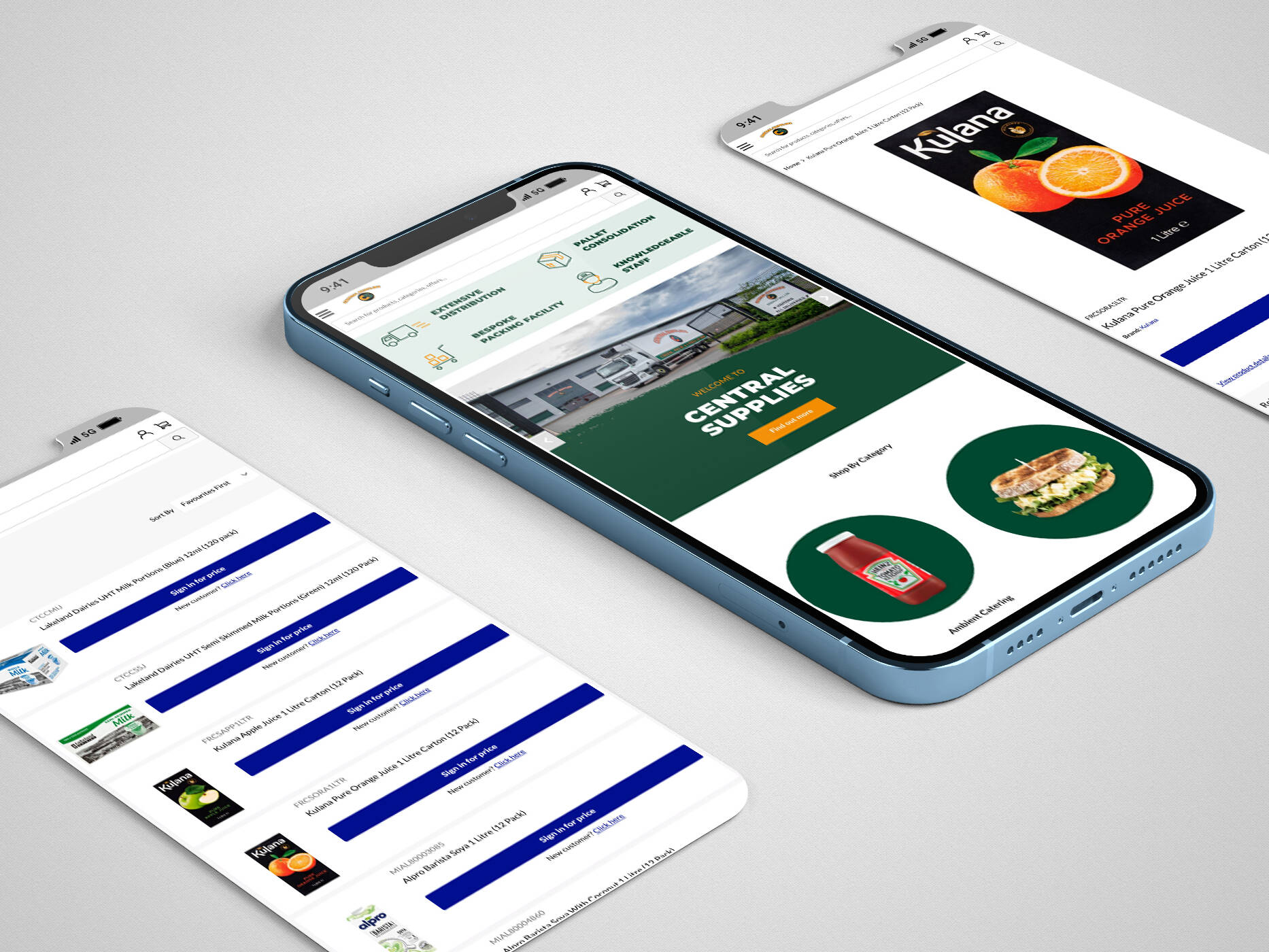Local Search Engine Optimisation (SEO). What is it? With the first installment of our local SEO guide, we’re going to take you through the basics to get your local business ranking organically on Google. Great.
But first, to know what local SEO is and why we do it, it’s important to understand how a Search Engine works.
How Do Google Filter Results?
A search engine is what many web users use to search for information. One of the most popular search engines is Google. It analyses the type of search and the location of the person searching, to give two different types of results: webpage-related and place-related results.
Web page-related results
Think of it this way. You have just completed the search [chocolate cupcake recipe]. Whichever device you perform the search on (mobile or desktop), wherever you perform it (at home or on the go), you want an answer to that search, no matter where on the web it may be.
The top search results are from web pages that feature the information you need. That could be through blogger recipes, links to related products, articles on how to’s and so on. The information you need isn’t restricted to a particular location. Hence, Google grabs information from each corner of the web to get you the best possible answer, irrespective of where it comes from.
Place-related results
Differently, place-related searches are shown when your search indicates to Google that you are looking for a local store to grab your cupcakes from. So, when you search [chocolate cupcake stores], Google could show you a magazine on the best stores for chocolate cupcakes or a list of bakeries on a directory page. This would be webpage-related results.
Yet, it’s much more useful to list the actual stores themselves, rather than other websites about chocolate cupcakes. Below are examples of place-related search results.

Let’s Clear Up The Differences
Web page-related results attract lots more competition. If you offer [chocolate cupcake recipes], you will have to compete with every other provider – worldwide – to get your website ranked. Hard stuff.
Alternatively, when Google detects a search that screams it has local intent, you’re only competing with the stores that are selling chocolate cupcakes, near you. Big chain brands find it difficult to compete against local brands in these place-based results. That makes it a lot easier for smaller businesses to compete, which is why it can be so vital to them!
Whats more, place-related results also feature in Google Maps, in-car navigation devices, Google Home/Assistant searches and many other media.
Growing Place-Based Searches
Over the past few years, Google has started showing more place-based results for local queries. As technology evolves, people expect to see results that are catered to their personal needs, including their location. It’d be pretty ridiculous if Google was to show the best [chocolate cupcake stores] in New York when someone lives in London.
“Near me” Searches
To stop this from happening, many users specifically mention near me keyword phrases in their searches. For example “near me”, “closest”, “open” and “nearby”. By optimising your content to include these searches, you are pretty much optimising for local, too.
Remember: Stick to your niche when optimising searches. People may want something really specific to your brand, as well as needing it to be close by. Being generic with your content opens the doors for more competition, even at a local level.
How Local Rankings Are Determined
It’s clear place-based results are becoming more popular and hence more popular to small, local businesses. Google suggest three ways in which local rankings are determined:
- Relevance: are you the relevant result for the user? Does your website match what the user is looking for?
- Distance: how far away are you located? If you are relevant and near, you’ll get a good ranking.
- Prominence: this is about how well your business is known.
Making sure you tailor your content across all platforms to meet these three points can help you be the go-to local business for your area of expertise.
How Does This Affect SEO?
As Google continues to better the results they provide users with, the need to execute, quality SEO tactics is imperative. If you don’t abide by the best practices for SEO, business survival is limited. However, because users also want more place-based results, a new breed of SEO has developed: Local SEO.
What Is Local SEO?
Let’s strip it down. Local SEO is basically the optimisation process for the local search results in search engines. But what does it mean?
Well, when carrying out local SEO, businesses are enhancing their page content, social media efforts and website features. This helps them show better on search engines for two types of searches.
Type #1: searches in the area including the keyword ‘local’.
Type #2: searches that are relevant to the company and are done in the business’ location.
If you want local people to find your business on search engines, it’s important to carry out local SEO and get your business visible on the different aspects of Google.
Getting Visible on Google
Hopefully, most of you know that Google won’t rank your site for a keyword if that keyword isn’t on your website. If you want to rank for a particular place – every business should – you must write about that place. Perhaps you have a store there, you deliver to that area, whatever it may, putting the reason in your content tells Google you need to rank for that place.
Stuffing it briefly in the footer or mentioning it seldom will not be enough. With place-related results increasing, so is the competition. Up your game and create clear content in relation to your location. Address details are just not enough nowadays!

Google My Business
Another tool that’s great for helping local rankings is Google My Business. This is an online tool where you can tell Google about your company – the type of business you are, your location, your opening hours and more. By doing this, you get to appear in Google Maps and map results.
Why is it important?
Listing your business on Google Maps has many benefits. It’s great for letting people find your contact details to directly call you or visit your store. Particularly, for those searchers who need information quickly, showing on Google Maps gives them all of the data they need in almost instantly.
How is that so? Well, think about it. Customers can access your contact details by doing a simple search. They no longer have to visit your site or scroll through, what seems like, buckets of information to find details. It is all done in one step. Inevitably, it cuts out the hassle.
If it’s done right, your website location can easily be found through search engines, bettering your chance to rank high. And with customers not having to navigate through all your content, they save time and frustration. That’s great for keeping their interest in you alive and well. In turn, selling your products and services should get easier!
Other Practices For Local SEO
Local SEO doesn’t stop there. Your local SEO methods should be tailored to enhance each and every platform you use – or should be using.
Facebook listing and reviews
What applies for Google My Business, applies for Facebook too! You add your local business as a page on Facebook and reach millions of people searching this popular, social media channel. To do that, click here.
Remember: As you are able to advertise to a bigger audience, it’s important to make your listing accurate.
Facebook also has a review feature to allow its users to rate your business and leave comments about their experience on your business page. With numerous people finding Facebook a quick and easy way to communicate their messages with others, it’s important to monitor these and resolve any negative reviews as soon as possible.
Local directories help your local rankings
Alongside your Google My Business listing, search engines also use other local directories such as Yelp, Bing! and Yahoo, to determine just how relevant and local you are. It’s important to list your details and not just a link to your business.
Yet, being listed isn’t the be all and end all. Directing happy customers to leave reviews through email campaigns or competition incentives, can help to increase how important search engines determine you. Lots of positive reviews and ratings make ranking higher a lot easier.
Links from related, local businesses
You don’t have to stop with just listing on local directories. If a local, relevant website also records business addresses, your business should feature there too. Exchanging links with other related local businesses can get you seen by more people, improve your SEO and get you useful backlinks.
Exchanging links with any business you know, in most cases, floods you with low-quality links that can actually hinder your rankings. Staying true to your brand, giving your customers relevant companies and quality links will help to improve their online experience with you.
Social mentions from local tweeps – Citations
Social mentions are a great way to rank better on search engines. Google can determine both positive and negative mentions and uses these when allocating your ranking. When lots of people talk about your business and/or link to your website, you must be relevant, right? But, if these mentions are complaints, the more of them, the less relevant you can become. It’s important to monitor these, engage and resolve issues, just like with reviews.
With social media and the online community in general, increasing, links from these channels are becoming key factors for local rankings. It’s important to optimise all aspects of being online. Listing your business all over the internet works great if it’s done right. Take your time to ensure all of your details are correct. Whether they are on Google My Business, Twitter, directories or featured on other websites.
Obviously, expanding your business presence is important to reach more potential customers. However, if you get lots of exposure online and then don’t meet visitor expectations, you won’t feel the full benefits…
On-Page best practices
That’s why it is vital to structure your website in a way that reinforces what you stated in your Google My Business listing, social media channels, other directories and so on.
If you state you are a bakery store in Stafford, your website must echo that. Through optimising your content with relevant keywords, listing your location, adding a stream of photos/mentions from your social media channels and so on. Your website will show Google and more importantly potential customers, that you are the go-to bakery in your area. Great for both ranking top on search results and generating high-quality leads.
On To The Next Chapter
Okay, so now you know the basics of Local SEO and have a bucket full of tips to get you started on your optimisation journey. It’s important to now put that to practice. The team at iWeb are happy to help get your business online, just come and have a chat.
Subscribe to our blog posts to get the next part of our Local SEO guide, directly in your inbox.
Get in touch
We know commerce, let us help you improve customer experience, increase conversion rates, and make that digital change.
- hello@iweb.co.uk

















